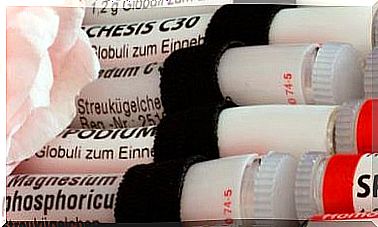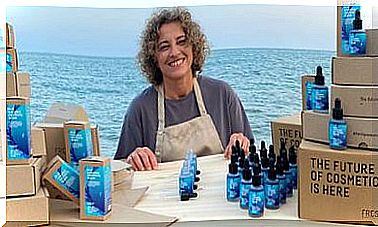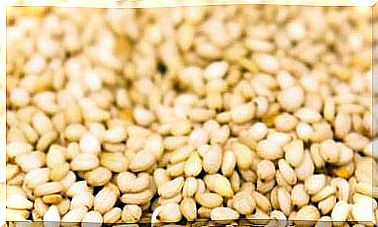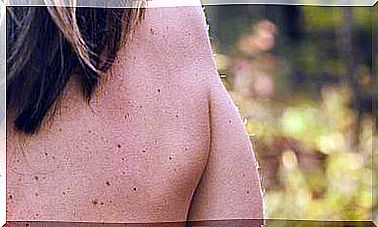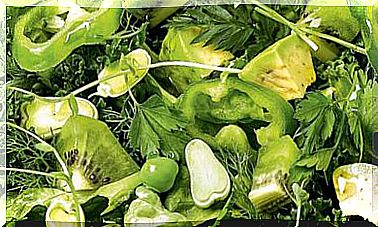Moringa: A Tropical Plant Full Of Properties
Moringa leaves have an extraordinary concentration of nutrients and antioxidants that promote health and help fight degenerative diseases.
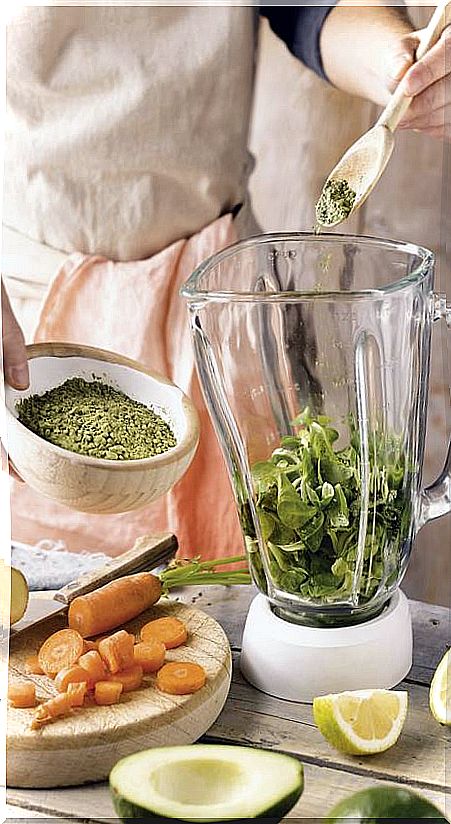
The first time I heard about moringa was a few years ago, when a couple of friends of mine sold all their assets to dedicate themselves to cultivating it …
I thought, “wow, what does this tree have to make this big change?” They said it was a superfood from the future and, given the seen, they were not wrong.
Moringa properties
Moringa ( Moringa oleifera ) is a generous tree. All its parts – bark, leaves, root, fruits (pods), flowers, seeds … – are used in India and the tropics to cure or prevent various diseases, such as asthma or joint pain, or to promote production of breast milk.
In Spain the easiest to get are the dried leaves and the extract, which can be added to salads, soups, infusions and smoothies.
Great source of iron
It stands out for the high proportion of iron: in only 5 g of leaves (one tablespoon) there are between 1.6 and 2.5 mg of iron, which means between 10 and 15% of the daily needs.
To promote its absorption, it should be combined with fruits rich in vitamin C. Because of its richness in this mineral, it is indicated in case of anemia.
Calcium and magnesium to strengthen bones, nervous system and muscle tone
In the vegan diet, the obtaining of calcium is distributed among many foods. A tablespoon of moringa provides around 10% of the daily needs.
The richness of magnesium (24 mg) also contributes to the strength of the bones.
In addition, both minerals are necessary for the balance of the nervous system and muscle tone.
A natural vitamin E supplement
It is not an easy nutrient to obtain (it is mainly found in seeds and raw vegetable oils), so moringa can work as a natural supplement: 5 g provides 23% of the amount that is needed per day.
This antioxidant vitamin is important to protect cell membranes. It also benefits the cardiovascular system and stimulates the immune system.
More energy with vitamin B1
Its contribution is essential to extract energy from food (especially carbohydrates) and in one tablespoon is 12% of the recommended daily dose.
Rich in antioxidants
Moringa has more than 40 antioxidants. Among which stand out vitamin A and quercithin.
The vitamin A is in the form of beta carotene, a powerful antioxidant that protects especially skin, mucosa and organs such as the bladder. 5 g of moringa provide no less than 14 to 20% of the daily needs of this vitamin.
The quercetin strengthens the anti – cancer and anti -degenerative power of moringa.
Nutritional composition
Below we show the amount of minerals and vitamins provided by a tablespoon of dried moringa leaf (5 g). We also indicate the percentage of RDA or recommended daily amount.
- Calcium : 95 mg; 12% CDR
- Magnesium : 24 mg; 7% CDR
- Iron : 2 mg; 10% CDR
- Vitamin A : 3.6 mg; 20% CDR
- Vitamin B1 : 0.13 mg; 12% CDR
- Vitamin B2 : 0.06 mg; 4% CDR
- Vitamin B6 : 1.6 mg; 7% CDR
- Folic acid : 27 mcg; 14% CDR
- Vitamin C : 8.6 mg; 14% CDR
- Vitamin E : 3 mg; 23% CDR



